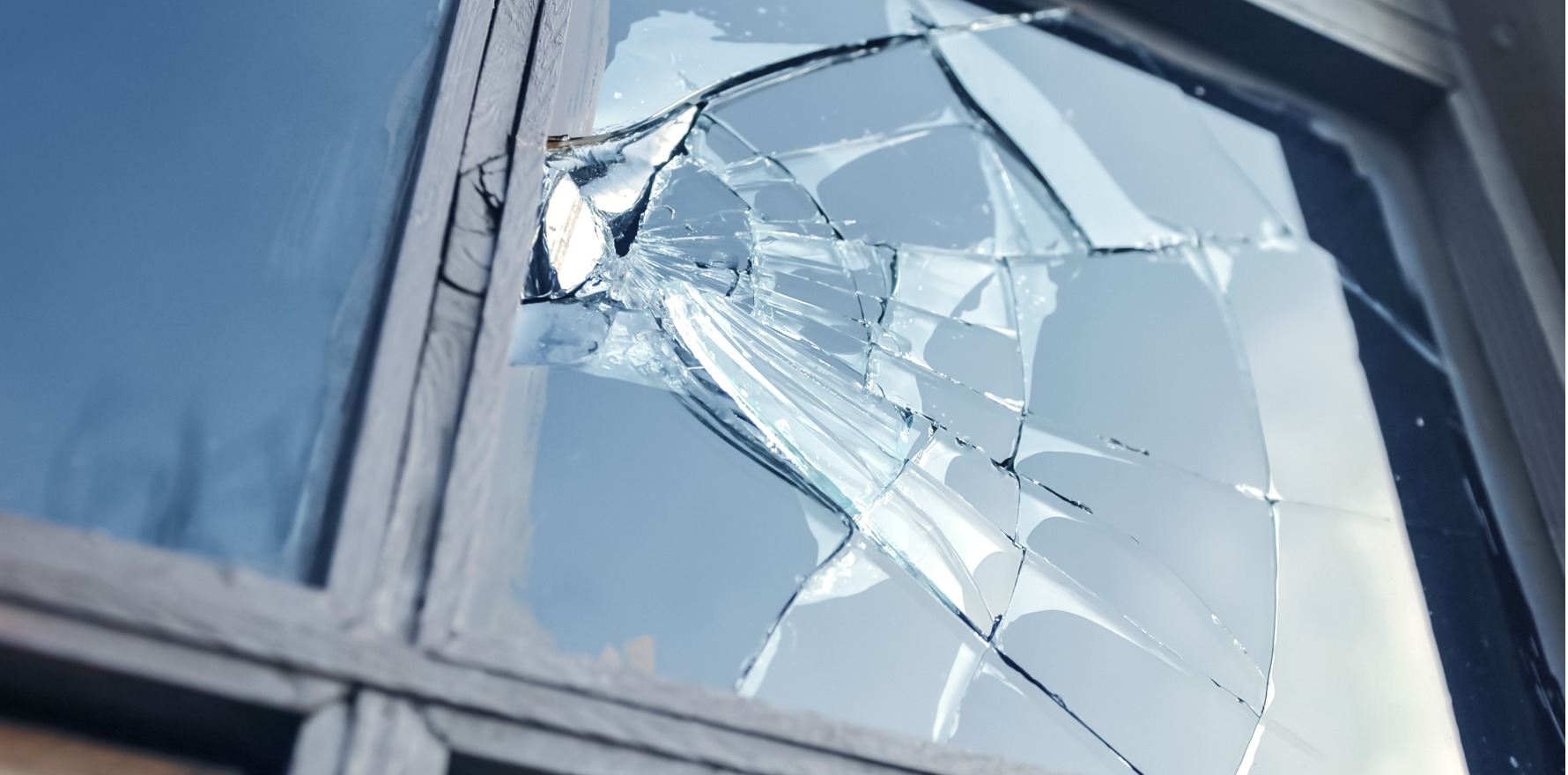Cancer survivorship needs to be factored into fracture risk assessment tools.
Many more cancers confer an increased fracture risk in their survivors than previously thought, new research shows.
Previously, only multiple myeloma, prostate cancer, and breast cancer have been associated with bone health issues, but this research concluded that survivors of most types of cancer are at an increased risk of bone fracture.
The UK study analysed health records of over 3.5 million adults, 570,000 of whom had had cancer. It found 15 cancers were associated with an increased risk of bone fractures in survivors and 17 with increased risk of major osteoporotic fractures.
Researchers looked at oral cavity, oesophageal, stomach, colorectal, liver, pancreatic, lung, breast (female), cervical, uterine, ovarian, prostate, kidney, bladder, CNS and thyroid cancers, as well as non-Hodgkin lymphoma, multiple myeloma, malignant melanoma and leukaemia.
The greatest risk of major osteoporotic fracture was seen in patients with a history of multiple myeloma (almost doubled).
There was a moderate increase in risk of bone fracture, 20-50%, associated with a history of stomach liver, pancreas, lung, breast, kidney, and CNS cancers. Risk increases of less than 20% were seen with malignant melanoma, non-Hodgkin lymphoma, leukaemia, and oesophageal, colorectal, and cervical cancers, according to the 22 year study published in Lancet Health Longevity.
Interestingly, the study also found that the risk for bone fractures in cancer survivors was higher in males versus females, and that obesity only increased fracture risk in breast cancer survivors.
For oesophageal, pancreas, lung and CNS cancers, the risk of fracture was higher for people who had not previously experienced a fracture, but the risk increased for survivors of cervical cancer who had had a previous fracture.
Incidentally, the study also found cancer survivors were more likely than non-cancer controls to have chronic kidney disease and inflammatory bowel disease.
Associate Professor Joel Rhee, head of General Practice at UNSW and chair of Cancer and Palliative Care for the RACGP, said the study findings were concerning and clinicians needed systemic guidance for bone health risk assessment.
“We need guidance and more comprehensive tools that look at the whole person to help us in making that decision about bone health and the need for screening and treatment,” he said.
“Ideally, there should be a way to calculate the risk using not just relative terms, but absolute terms of osteoporosis risk. There are calculators out there, but I don’t think cancer is one of the prominent [factors].”
Dr Rhee says that the number of restrictions around Medicare funding for bone mineral density scans could be a barrier for having bone health discussions with patients as previous cancer was not an indication for a rebateable scan. “If a patient is below 70, there are only a limited number of conditions that will attract Medicare benefits.”


